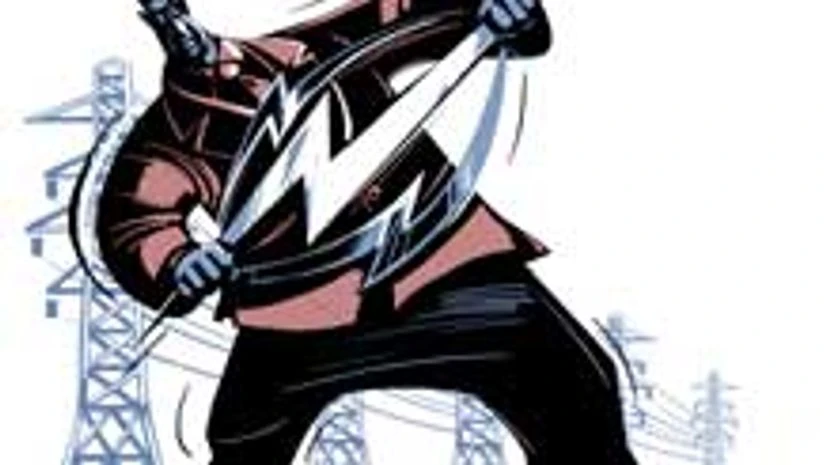A day after inviting Telangana chief minister for a dialogue to settle the disputes in an amicable manner, the Andhra Pradesh government once again refused to honour a set of power purchase agreements (PPAs) that ensure 53 per cent of the available supply to the new state citing technical reasons.
The AP government on Tuesday rejected the orders — issued yesterday night by the outgoing AP Electricity Regulatory Commission (Aperc) — which said the attempted withdrawal of the select PPAs by APGenco was not valid.
The PPAs pertain to 1,700-Mw Vijayawada thermal power station and 1,200-Mw Rayalaseema thermal power project by the Genco. As it resulted in widespread power cuts, the Telangana power utility had approached the regulator questioning APGenco's decision.
More From This Section
He also criticised the regulatory body for not following normal procedures such as taking the views of the parties involved before delivering the said order.
APGenco had withdrawn the PPAs of state-owned generating stations located in AP in June as against the status quo maintained in the Act. These status quo provisions were meant to ensure supply of power according to the existing consumption patterns, especially keeping in mind the situation of power deficit Telangana post-bifurcation.
The withdrawal had resulted into a major political confrontation between the two states, which had since kept taking actions targeting each other.
The Centre had to constitute a committee to look into this dispute as the AP government continued to maintain that there was no legal basis to honour these PPAs as they had expired long ago. To this, Aperc clarified that the PPAs submitted by AP discoms were not void for want of express consent of the commission.
According to Prabhakar, the 12th schedule of the Act allowed the two states to constitute their own electricity regulators within six months from the date of bifurcation. Telangana and Andhra Pradesh had issued orders for the constitution of new regulatory commissions by the end of July this year. In the light of this, the existing Aperc ceases to exist and is not competent to deliver any order, he argued.

)
